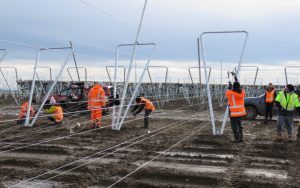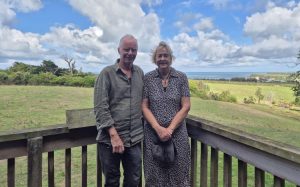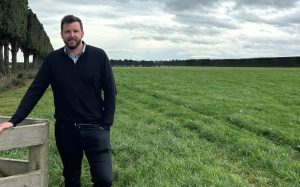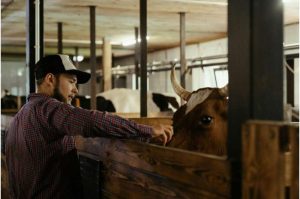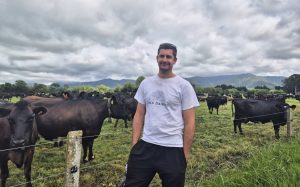And all of it was caught on camera.
 A DEA agent receives cocaine from a drug dealer in Colombia.
A DEA agent receives cocaine from a drug dealer in Colombia.POLICE / STUFF
As part of the elaborate investigation, codenamed Operation Mist, undercover DEA agents infiltrated Colombia’s notoriously dangerous underworld, and gained the syndicate’s trust by laundering money from the sale of cocaine in New Zealand.
By the time the drugs were handed over in the back of the car, the dealer and his associates thought they were in a partnership. The DEA agents had told them they’d take over the running of the importation arm of their business. Profits from the operation would be split 50/50.
About a month later, in November, 2021, police terminated Operation Mist, raiding a number of properties across Canterbury. They arrested 11 people, all of whom have since pleaded guilty.
Now, through exclusive interviews, and never before seen photos and video, police and Customs officials have lifted the lid on the investigation, and revealed 100kg of cocaine the syndicate tried to import into New Zealand was likely sourced from the Medellín Cartel – a ruthless criminal organisation formed by the man dubbed the “King of Cocaine”, Colombian drug lord Pablo Escobar.
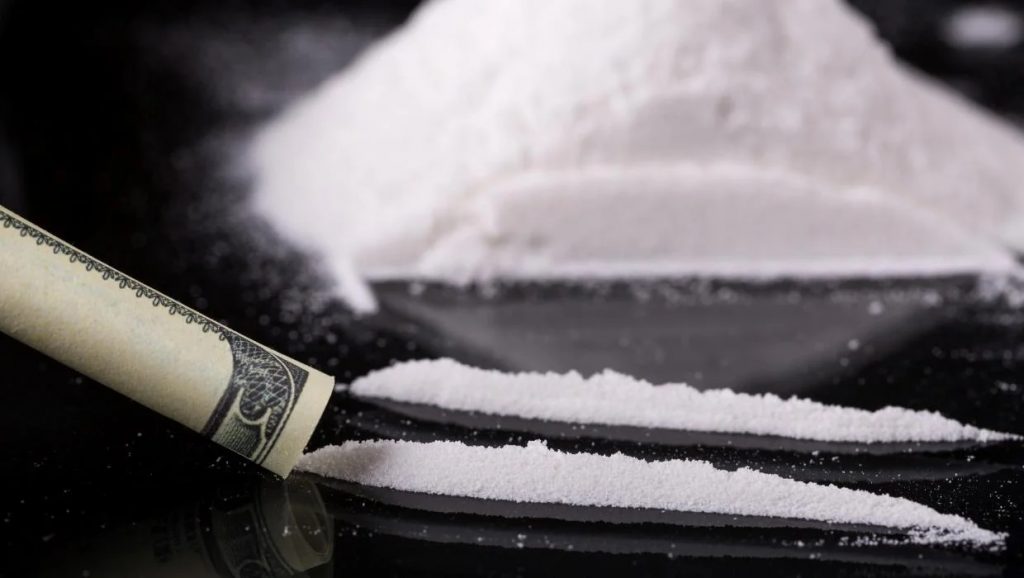
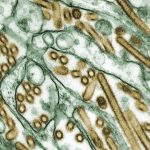
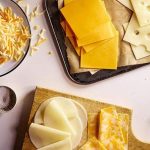
 An undercover DEA agent was given $200,000 by a member of the syndicate to launder.
An undercover DEA agent was given $200,000 by a member of the syndicate to launder. The syndicate hid cocaine inside various items, including this children’s toy.
The syndicate hid cocaine inside various items, including this children’s toy. Authorities found 23.6kg of cocaine destined for New Zealand in Barcelona.
Authorities found 23.6kg of cocaine destined for New Zealand in Barcelona. Authorities in Barcelona open a hot water cylinder used to hide cocaine.
Authorities in Barcelona open a hot water cylinder used to hide cocaine. Esteban Blanco-Gaviria pleaded guilty to charges of importing cocaine, money laundering and participating in an organised criminal group.
Esteban Blanco-Gaviria pleaded guilty to charges of importing cocaine, money laundering and participating in an organised criminal group.




